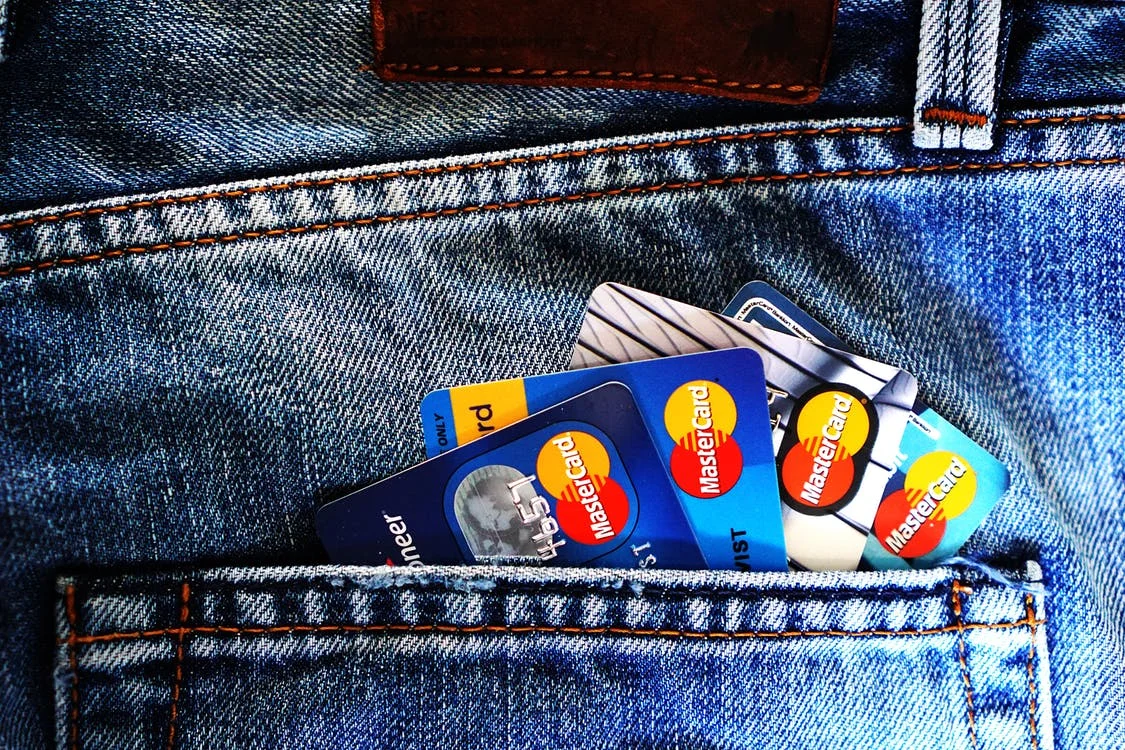Updated September 27, 2017
There has been a major debate going on for sometime about the legality of authorized user accounts and how those authorized user accounts affect your credit report. Let's start with the basics. What exactly is an authorized user account? For the purposes of this article, we will only be discussing credit card authorized user accounts. You are considered an A/U (authorized user) on a credit card when the primary credit card holder requests for you to be added to their existing account. You do not have to sign anything to be added as an A/U to an account because you are typically not legally responsible for the debt. However, the payment history for the account will usually show up on your credit report - good or bad.
Being added as an A/U to a credit card will almost certainly affect your credit scores, one way or the other. For example, if your boyfriend adds you to his VISA card and then maxes out the credit card balance and makes a few late payments your credit scores will probably drop - hard! Negative account history, late payments, and high credit card balances will drop your credit scores too since you are an A/U on the account.
However, if your mother adds you as an A/U to her 20 year old Master Card (which has a zero balance and has never had a single late payment) then your credit scores could be affected very positively. All of the good payment history from that account could potentially show up on your credit report, driving your credit scores upward - fast! Obviously this is a very appealing prospect for people looking to raise their credit scores. Still, before being added to another person's credit card account as an A/U there are a few things to consider very carefully:
1.) Avoid loan fraud like the plague! There are some very shady companies out there offering to add you as an A/U to a stranger's credit card account. This is known as tradeline renting and it's a big no-no.
First, you pay a fee to the third-party company and then they give your information (name, date of birth, social security number) to a complete stranger in exchange for the stranger adding you as an A/U to their existing credit card account. The stranger receives a fee for adding you to their card and the third-party company keeps the rest of the money you paid them as profit.
In truth, this practice can potentially raise your credit scores quickly. However, the problem with this scenario is that if you apply for a loan after being added as an A/U to a stranger's account you could very likely be guilty of loan fraud, wire fraud, mail fraud, and a number of other crimes. While is it perfectly legal to have a friend or family member add you as an A/U to their account, you should definitely avoid being added to a stranger's account.
2.) Authorized user accounts can hurt your credit too. If you are considering asking a friend or family member to add you as an A/U to an existing credit card account be sure that you are asking someone who is a very responsible bill payer. Grandma (with her 40 year history of never making a late payment) may be a better choice than your college roommate (with his 2 year total credit history).
Also, if you are being added to an account, it is better to be added to an account with a low balance than to one with a high balance. Don't forget, a credit card account where an outstanding balance is revolved from month to month could hurt the card holder's credit scores even if they make every payment on time. (Click here for more info.) If you are added as an authorized user to a card with a high balance it will likely hurt your credit scores instead of helping them.
If you have found today's article insightful or helpful, please feel free to share the link with your friends and family. Please feel free to contact us directly if you have any questions about authorized user accounts or other credit related issues you may be facing.
Don't forget to follow us on Facebook and Twitter for free weekly credit tips you don't want to miss!
 Protecting Yourself from Identity TheftPart 3
by Michelle Black
Protecting Yourself from Identity TheftPart 3
by Michelle Black















